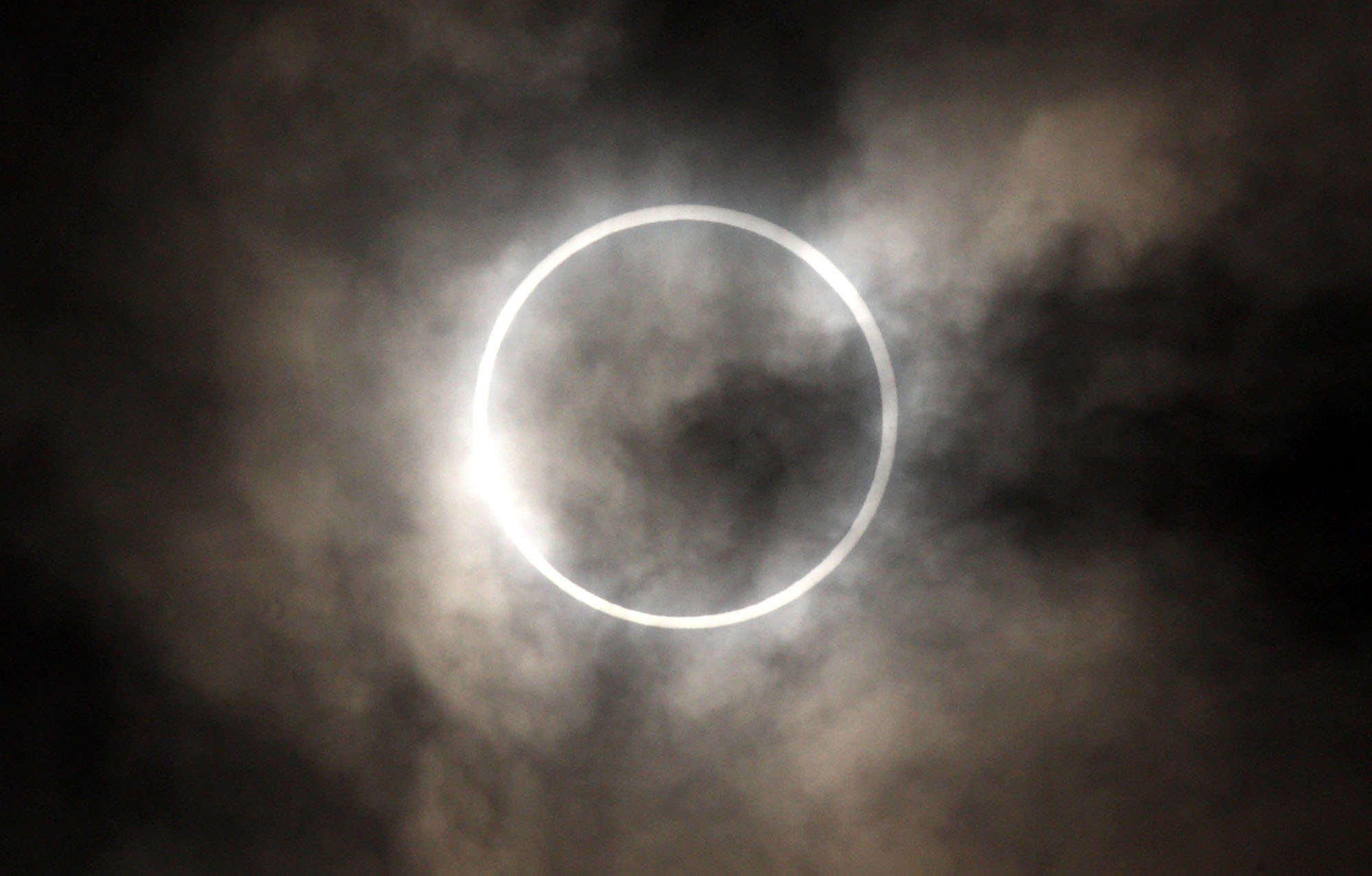The test that convinced the world that Albert Einstein was right about the universe was enmeshed in the history of World War I: The fighting affected which researchers failed and who succeeded, and when. When scientists finally did the key observations 100 years ago, on May 29, 1919, their feat acted as an antidote to leftover bitterness between former enemies Germany and England.
Testing the theory of relativity required precise observations of starlight during a total solar eclipse. One German astronomer chasing an eclipse in 1914 got into Russia before the war started but was soon captured and detained, his equipment confiscated.
When English scientists finally tested Einstein using that 1919 eclipse, the event generated worldwide headlines and served as a symbol of reconciliation — a demonstration of science transcending nationalism. It was a story of English astronomers helping to replace the bedrock of physics formulated by their own countryman, Isaac Newton, with a theory created by a German.
















With your current subscription plan you can comment on stories. However, before writing your first comment, please create a display name in the Profile section of your subscriber account page.